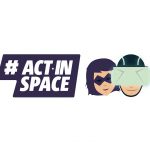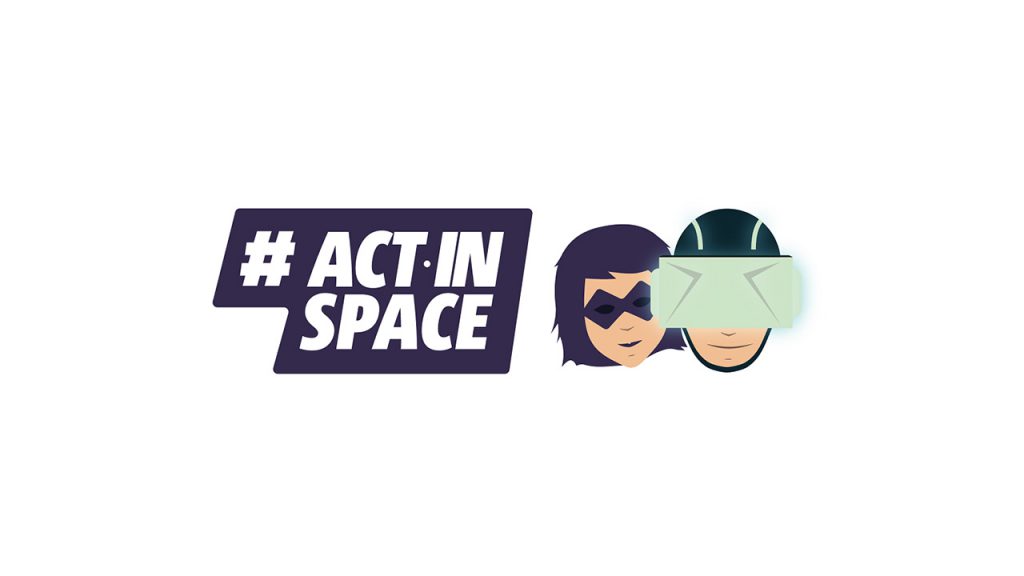An “international hackathon” in space applications, ActInSpace recently brought together entrepreneurs, students, job seekers, developers and creative users over a weekend to resolve given challenges. Spaceoneers was present at ActInSpace Darmstadt to support some of the teams as they prepared their business cases.
The first event of its kind, ActInSpace was organised by CNES (National Centre for Space Studies), ESA (European Space Agency) and ESA BIC to explore science, space and technology transfer, in Germany and in Europe. Simultaneous events took place in 13 countries and in 26 cities, supported by 184 experts across the different locations. A total of 1397 participants took part to resolve 85 challenges.
The goal: to resolve these selected challenges in 24 hours through the use of space-developed technologies or space-acquired data. The topics for the challenges were as far ranging as 3D printing, the future of space tourism, and counteracting radiation exposure for deep-space missions, data science, RFID sensors, nano-satellites, smart cities and healthcare.
In Darmstadt, we met at the Hochschule (h_da). After some initial team building and introductions, the teams set to work on their challenges. They would then pitch their ideas to a jury, including experts from Airbus Defence and Space, ESA BIC, CESAH, DLR, TU Darmstadt and Telespazio Vega.

The teams were given some useful resources. Including the business model canvas by Strategyzer where teams can plan their business model.

In Darmstadt, awards were given to:
- 3rd place: NanosaTX (Nanosatellite Time Exchange) – making use of nanosatellites around the world 24/7 through a monthly access charge and booking platform.
- 2nd place: Life Science (Heidelberg) – Optimising clinical health care processes using an integrated indoor/outdoor patient navigation system.
- 1st place: ENEO – using the Galileo global navigation satellite system (GNSS) for digital addresses in Africa.
Team ENEO will proceed to the international finals in Toulouse, France on 29th June. All the realistic projects will receive support via the ESA BIC and partner incubators to foster the emergence of new startups.
All in all, ActInSpace was a lot of fun with some great results!

